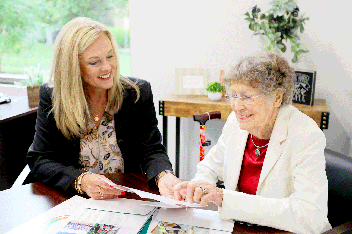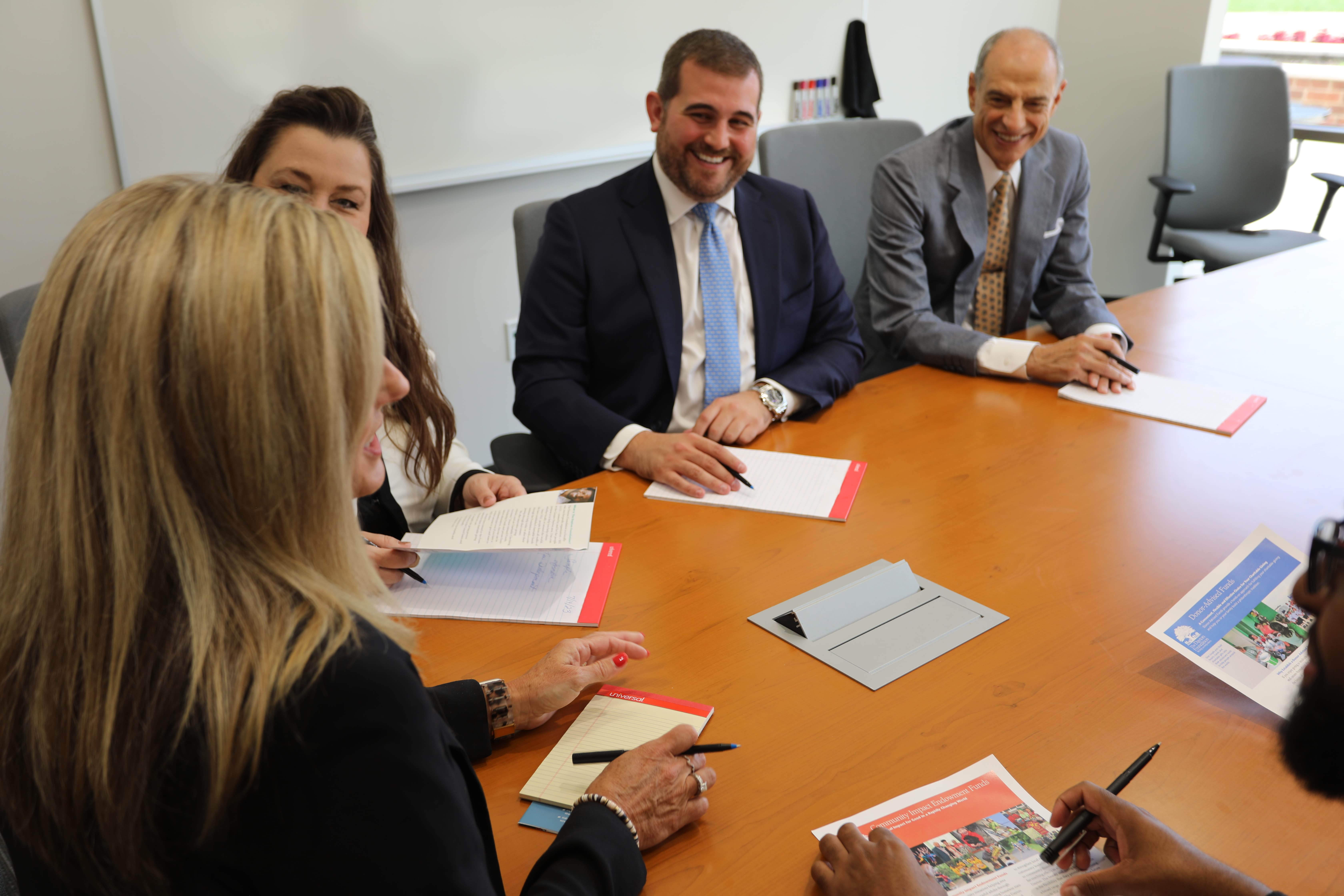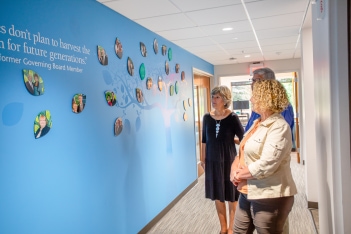SECURE 2.0 Act: Help Your Clients Maximize Their Giving
By Kevin McDonald, Senior Vice President and Senior Fiduciary Strategist, Key Private Bank
Just when you thought you had your clients’ retirement and charitable giving plans up to date, President Biden signed into law the SECURE (Setting Every Community Up for Retirement) 2.0 Act on December 29, 2022. While the SECURE 2.0 Act is packed full of provisions that change retirement planning, this article discusses changes involving options for your clients to give to charity.
Specifically, the qualified charitable distribution (QCD) from an IRA to charity continues to allow distributions to qualified charities beginning when your clients turn age 70-½. Starting in 2024, the current $100,000 maximum distribution will be indexed for inflation. Even though the dates have been extended for the required minimum distribution (RMD), your clients still can take advantage of the QCD at age 70-½ to reduce their IRA for future RMDs and transfer funds to charity efficiently.
The SECURE 2.0 Act also allows for a once-in-a-lifetime $50,000 QCD from an IRA to a split-interest vehicle, such as a charitable remainder trust or a charitable gift annuity (CGA). While the $50,000 maximum limit can be a deterrent for a charitable remainder trust because of the usual minimums and cost to establish, a CGA might be an attractive, one-time option as part of a client’s QCD strategy.
To give you some background, a CGA is a contract just like a commercial annuity, but the contract is with a charity. The donor agrees to make an irrevocable gift of cash or assets, such as appreciated securities, to the charity. The charity then agrees to pay the donor (or another designated beneficiary such as a spouse) a fixed payment for life. The donor is eligible for an immediate charitable deduction for the present value of the remainder interest or the future value estimated to pass to charity. If you would like more information on this charitable giving option, The Dayton Foundation can provide an illustration for you or your client.
With an increase in interest rates, the payout rates have increased significantly. This is great news for clients as it allows for greater income to flow back to them. The American Council on Gift Annuities suggests the maximum payout rates to charities, and as of January 1, 2023, the rate of return assumption moved up to 5.25% from 4.5%.
Some of the benefits of creating a CGA from your IRA:
» First, your clients can roll over $50,000 directly to charity to purchase the CGA and avoid the tax on the $50,000 distribution in the year of the gift.
» Second, the reduction in taxable income in the year of the gift may lower the donor’s Medicare surcharge, which is the income-related monthly adjustment amount.
» Third, the $50,000 gift reduces the donor’s income tax in the year of the gift by $12,000, assuming the donor is in a 24% federal tax bracket.
» Finally, the donor receives an income stream for life. For example, at age 76 the payout rate is 6.8%, which generates $3,400 a year for life. This income is 100% taxable, but you have delayed the tax and reduced your client’s RMD in the IRA for future years, and they can direct the remainder amount to a fund at The Dayton Foundation to benefit the charities or causes he or she cares about.
There are several restrictions when creating a CGA from an IRA versus another type of CGA. The once-in-a-lifetime distribution is limited to $50,000 and must come from an IRA, not from other retirement plans such as a 401(k). Multiple life payments are limited to the IRA owner, your spouse or for your joint lives. In addition, CGA payments must be at least 5% and begin within one year of funding. You also should keep in mind that no deferred annuities are allowed, and annuity payments are fully taxable.
With the passage of the SECURE 2.0 Act, it is a great time to consider CGAs for your clients who are charitably inclined. The Dayton Foundation is a great resource for you to help your clients find tax-smart ways to maximize their charitable giving and give to the causes and organizations important to them.
Kevin McDonald is a Senior Fiduciary Strategist with Key Private Bank in Dayton with more than 35 years of experience and expertise in trust and estate planning, charitable giving, and endowment distribution strategies. Kevin can be reached at kevin_l_mcdonald@keybank.com.
Any opinions, projections or recommendations contained herein are subject to change without notice and are not intended as individual investment advice. This material is presented for informational purposes only and should not be construed as individual tax or financial advice. KeyBank does not provide legal advice. KeyBank is Member FDIC. KeyCorp. © 2023. CFMA 230314- 1971464. Investment products are: NOT FDIC INSURED* NOT BANK GUARANTEED* MAY LOSE VALUE * NOT A DEPOSIT* NOT INSURED BY ANY STATE OR FEDERAL AGENCY
Please note: The Dayton Foundation does not practice law or offer financial or tax advice. The Foundation recommends that people considering establishing funds or legacies through the Foundation consult their financial, tax or legal advisor.








